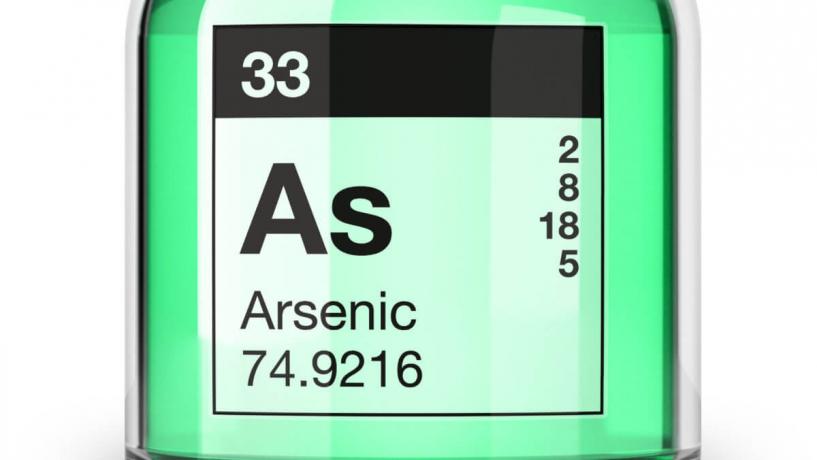
We have all heard of arsenic. For years, it was the number one poison for those who did not want to get caught, or so it would seem in many a mystery and horror movie.
Arsenic is quite poisonous and very dangerous. What many people do not know is that it is found naturally in plants. The difference is that organic arsenic that is found in the soil is not very toxic. The organic form is not the concern. Instead, the concern comes in the inorganic arsenic that appears in pesticides. Because these pesticides are used on foods and crops, this does become a concern.
Food Standards Australia New Zealand (FSANZ) is constantly monitoring concerns of arsenic and confirming that consumers in Australia are safe. The foods that are of concerns include the following:
- Seaweed that could be used in soups
- Rice
- Cereal grains
- Seafood
- Other plant type food crops
In order to protect consumers, FSANZ constantly monitors these products to strictly limit the amount of inorganic arsenic found in them. Consumers do need to be aware that a certain type of seaweed, called Hijiki, should only be consumed in limited amounts as it does include higher levels of inorganic arsenic. This is the only major concern for arsenic exposure.
FSANZ performs surveys every year in order to ensure that the levels of inorganic arsenic found in these products are limited very carefully for the safety of consumers in Australia and New Zealand. If consumers are concerned about their food consumption and the amount of arsenic they may have consumed, it would be a good idea to visit a doctor. However, for the average consumer, there is no concern. Consumers can rest assured that these levels will never be allowed to get to a dangerous high and they are constantly monitored.





